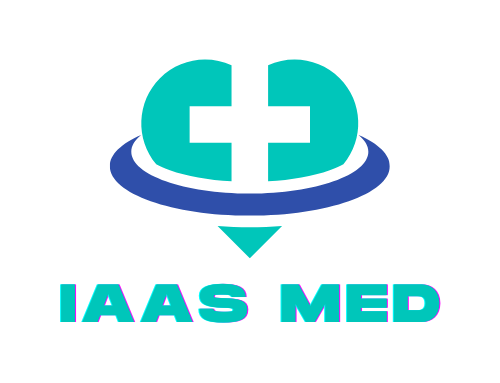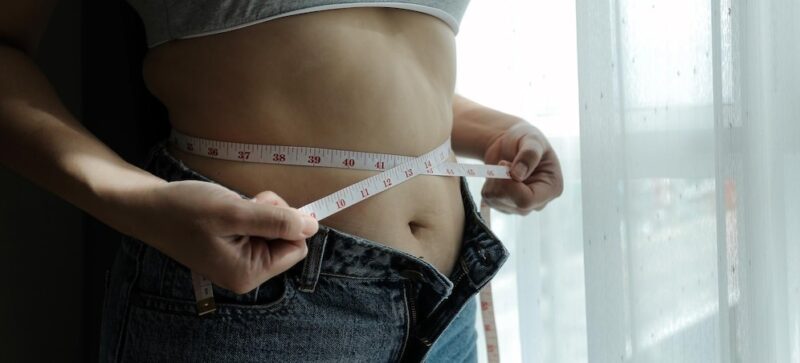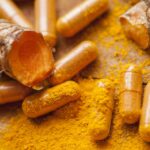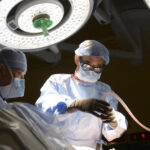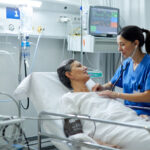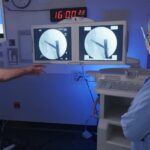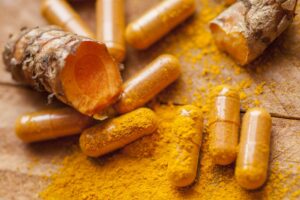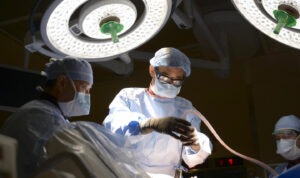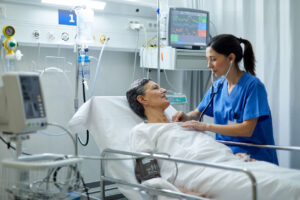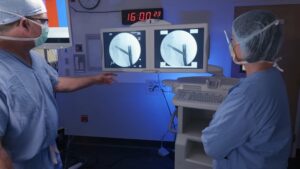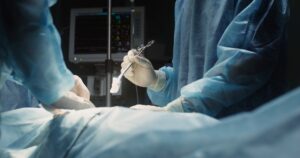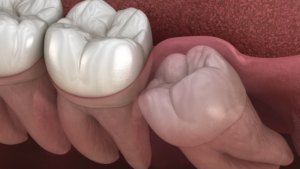Recently undergoing gallbladder surgery or cholecystectomy, often leads to questions about its impact on weight and diet. The gallbladder, a small organ storing bile for fat digestion alters the bile’s flow from the liver directly to the small intestine.
Post-surgery, some individuals might notice weight loss due to decreased appetite, lower fat consumption, or nutrient malabsorption, but this is typically temporary and not a recommended weight loss method.
Indeed, studies suggest there’s a possibility of long-term weight gain after gallbladder surgery. To effectively manage and maintain a healthy weight following the procedure, implementing specific strategies is crucial.
For insights on weight loss post-gallbladder removal surgery, refer to this article.
Now let us talk about strategies that can help you with weight loss post gallbladder surgery.
Eat a Balanced and Low-Fat Diet
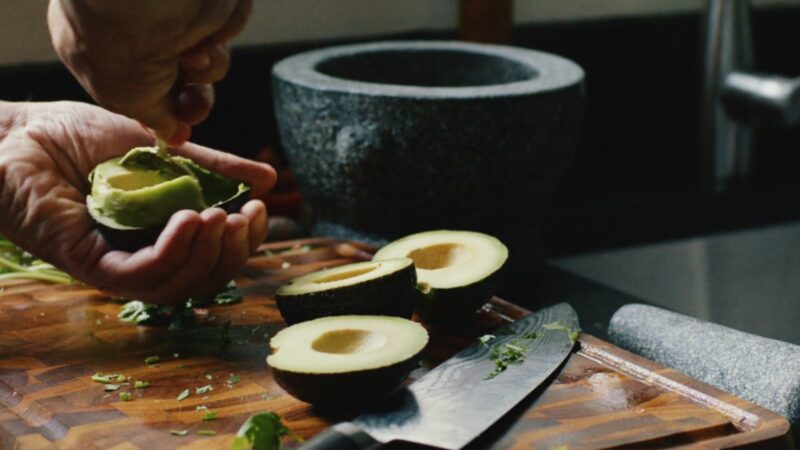
One of the most important things you can do post gallbladder surgery is to eat a balanced and low-fat diet.
This will help your body adjust to the changes in bile flow and digestion, and prevent or reduce the symptoms of diarrhea, gas, and bloating.
Minimize Fat Intake
A balanced diet should include a variety of foods from all the food groups, such as lean proteins, whole grains, fruits, vegetables, low-fat dairy, and healthy fats.
A low-fat diet means limiting foods that are high in saturated fat, trans fat, and cholesterol, such as fried foods, fatty meats, full-fat dairy, butter, lard, and baked goods.
Aim for no more than 3 grams of fat per serving, and check the nutrition labels and serving sizes of the foods you eat.
Foods to Eat and Avoid
Here are some examples of foods to eat and foods to avoid post gallbladder surgery.
| Foods to eat | Foods to avoid |
|---|---|
| Skinless chicken, turkey, fish, and seafood | Fatty cuts of beef, pork, lamb, and bacon |
| Eggs, tofu, beans, lentils, and nuts | Sausage, salami, bologna, and other processed meats |
| Low-fat or fat-free milk, yogurt, cheese, and cottage cheese | Full-fat milk, cream, cheese, ice cream, and sour cream |
| Whole wheat bread, brown rice, oats, barley, and quinoa | White bread, refined cereals, pastries, and cakes |
| Fresh or frozen fruits and vegetables | Canned fruits in heavy syrup and vegetables with added butter or cream |
| Olive oil, canola oil, sunflower oil, and avocado oil | Coconut oil, palm oil, butter, lard, and margarine |
| Nuts, seeds, avocados, and olives | Fried foods, chips, crackers, and cookies |
Eat Smaller and More Frequent Meals
Another strategy to help your digestion and weight management post gallbladder surgery is to eat smaller and more frequent meals. This will prevent overloading your digestive system with too much food or fat at once, and allow bile to mix better with the food.
Eating smaller meals can also help you control your appetite and calorie intake, and prevent overeating or bingeing. Aim for five to six small meals a day, spaced about three hours apart.
Each meal should contain a moderate amount of carbohydrates, protein, and fat, and be about the size of your fist. Avoid skipping meals or fasting, as this can disrupt your blood sugar levels and metabolism.
Meal Ideas
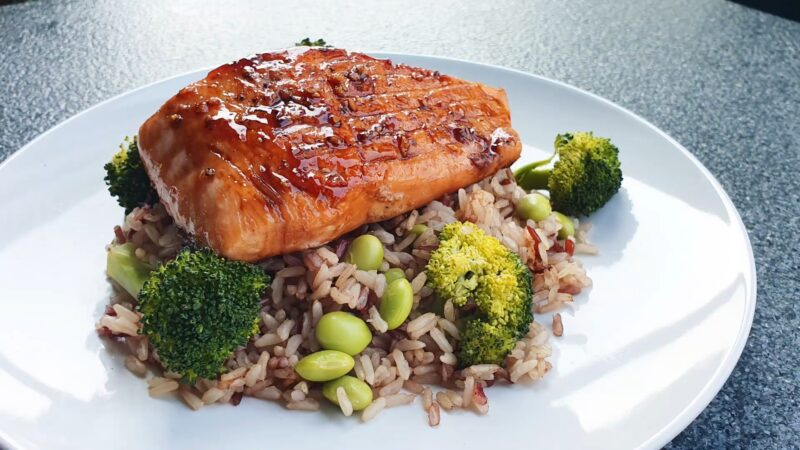
After undergoing gallbladder surgery, you may opt for the following healthy and well-balanced meal ideas.
- Breakfast: A bowl of oatmeal with low-fat milk and fresh berries, and a glass of orange juice
- Snack: A handful of almonds and a banana
- Lunch: A turkey sandwich on whole wheat bread with lettuce, tomato, and mustard, and a cup of low-fat yogurt
- Snack: A slice of whole wheat toast with peanut butter and honey, and a cup of green tea
- Dinner: A grilled salmon fillet with brown rice and steamed broccoli, and a small green salad with olive oil and vinegar dressing
- Snack: A cup of low-fat cottage cheese with pineapple chunks, and a glass of water
Drink Plenty of Fluids and Avoid Alcohol and Caffeine
Drinking plenty of fluids is essential for your hydration and digestion post gallbladder surgery. Fluids can help flush out toxins, prevent constipation, and keep your stools soft and regular.
They can also help you feel full and reduce your appetite. Aim for at least eight glasses of water a day, and more if you exercise or sweat a lot.
Acceptable Fluid Choices
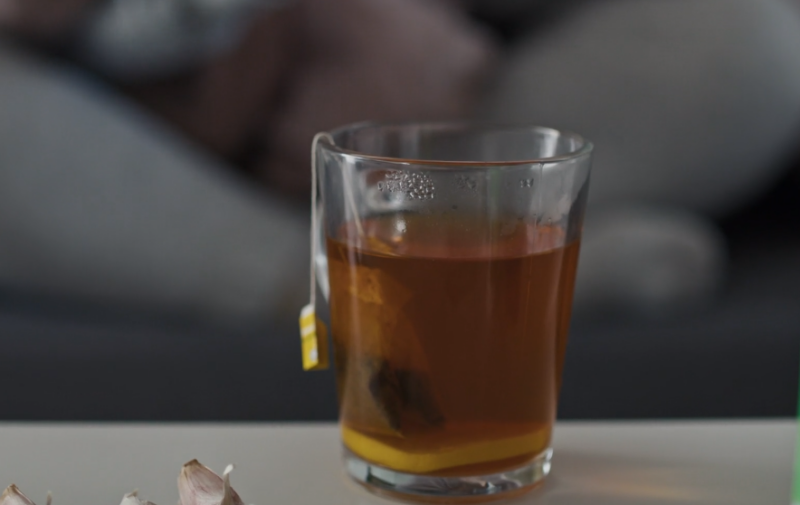
You can also drink other fluids, such as herbal teas, low-sodium soups, and fruit juices, but avoid beverages that are high in sugar, calories, or artificial sweeteners.
Some fluids that you should limit or avoid after gallbladder surgery are alcohol and caffeine.
Avoiding Alcohol and Caffeine
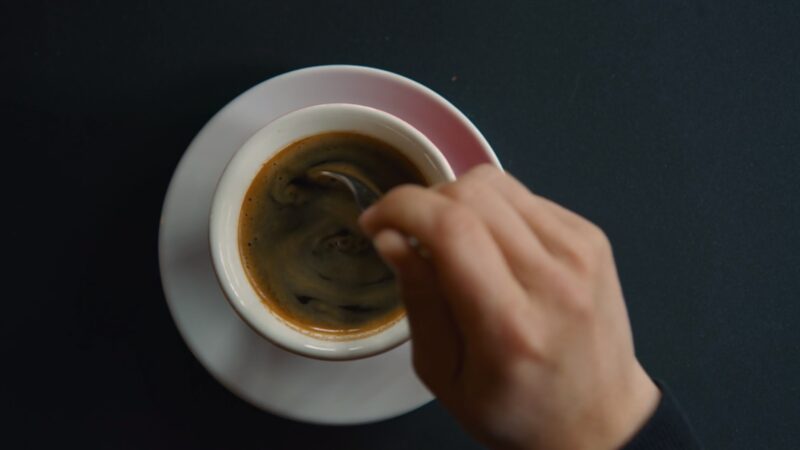
Alcohol can irritate your stomach and liver, and interfere with your digestion and absorption of nutrients. Caffeine can stimulate your bowel movements and cause diarrhea, gas, and cramps.
It can also dehydrate you and affect your sleep quality. If you do drink alcohol or caffeine, do so in moderation and not on an empty stomach.
For example, limit yourself to one cup of coffee or tea a day, and one alcoholic drink a week.
Exercise regularly and moderately

Exercise is another important factor for your weight and health after gallbladder surgery. It can help you burn calories, build muscle, boost your metabolism, and improve your mood and energy levels.
Working out can also prevent or reduce the risk of complications, such as blood clots, infections, and gallstones in the remaining bile ducts. However, you should not exercise too soon or too intensely after the surgery, as this can cause pain, bleeding, or infection in your incision sites or abdominal muscles.
It is important to adhere to your doctor’s recommendations regarding the timing and manner in which you should resume physical activity following your gallbladder surgery. To ensure a safe and effective exercise routine after your operation, consider the following general guidelines.
- Start with gentle exercises, such as walking, as soon as you feel able to.
- Walking can help prevent blood clots, improve circulation, and speed up healing.
- You can gradually increase the distance and duration of your walks as you recover.
- However, be careful not to push yourself too hard, or too soon, and listen to your body’s signals. If you feel any pain, discomfort, or fatigue, stop and rest.
- Avoid lifting or straining your abdominal muscles until your doctor clears you to resume normal activity.
- This includes lifting heavy objects, doing sit-ups, crunches, or planks, or playing contact sports.
- Strenuous lifting or straining can open closed wounds and cause internal bleeding or reopening of your incision sites.
- You should also avoid twisting or bending your torso, as this can put pressure on your abdomen and affect your healing.
- Drive again after a week or so, but first, make sure you can wear a seatbelt and practice an emergency stop without feeling any discomfort.
- Driving can be a form of exercise, as it involves using your arms, legs, and core muscles.
- However, you should not drive if you are taking any painkillers or other medications that can impair your judgment or reaction time.
- You should also avoid driving for long periods, as this can cause stiffness and soreness in your muscles and joints.
- Ask your surgeon or GP for advice about returning to more strenuous exercise, such as running, swimming, cycling, or aerobics.
- Depending on your condition and the type of surgery you had, you may be able to resume these activities after two to six weeks.
- However, you should start slowly and gradually increase the intensity and duration of your workouts.
- You should also warm up before and cool down after each session, and drink plenty of water to stay hydrated.
FAQs
Closing Thoughts
Post gallbladder surgery, adapting your lifestyle and diet is crucial for maintaining a healthy weight and managing digestive changes. Emphasizing a balanced, low-fat diet helps adjust to altered bile flow, reducing symptoms like diarrhea and bloating.
Smaller, frequent meals aid in digestion and weight control. Staying hydrated, while limiting alcohol and caffeine, supports overall digestion and health. Gradual, moderate exercise, as advised by your doctor, is essential for recovery and long-term well-being.
Remember, each individual’s recovery and dietary needs may vary, so it’s important to consult with healthcare providers for personalized guidance.
Sources
- RealSimple – The Best Lean Protein Foods and Why They’re Healthy for You
- The Nutrition Source – Whole Grains
- Help Guide – Choosing Healthy Fats
- British Heart Foundation – Is full-fat milk good for you?
- Piedmont – What happens to the body when you skip meals?
- KayNutrition – 9 Well-Balanced Meal Ideas
- EatingWell – 21 Comforting Low-Sodium Soups for Heart Health
- SleepFoundation – Caffeine and Sleep
- MedlinePlus – Lifting and bending the right way
- Agency for Healthcare Research and Quality – Recovering After Emergency Gallbladder Surgery
- VeryWellHealth – Coping With Fatigue After Surgery
Related Posts:
- Weight Loss After Gallbladder Removal Surgery –…
- What to Eat Post-Appendix Surgery for Optimal Healing
- What Not to Do After Sclerotherapy? Post-Treatment Guideline
- Contracted Gallbladder-Diagnosis and Treatment!
- What Is Calculus of Gallbladder with Acute…
- Why Should Heart Patients Be More Vigilant About…
